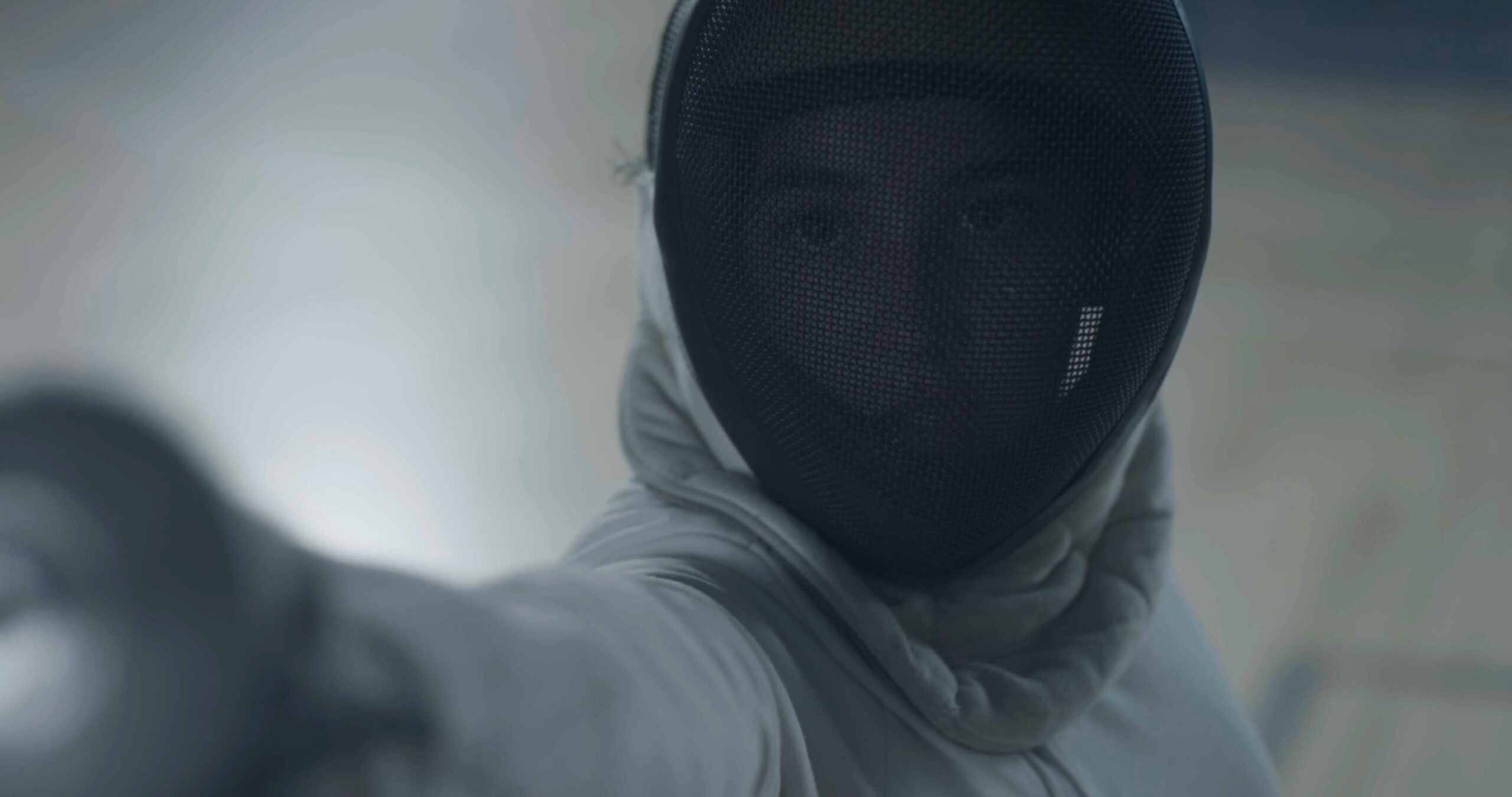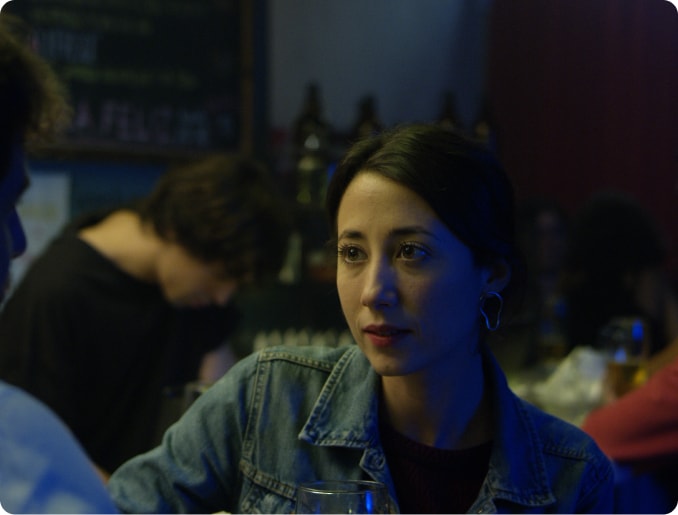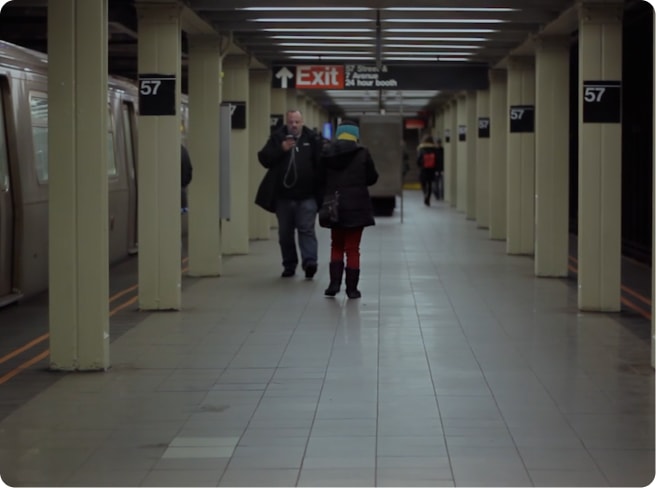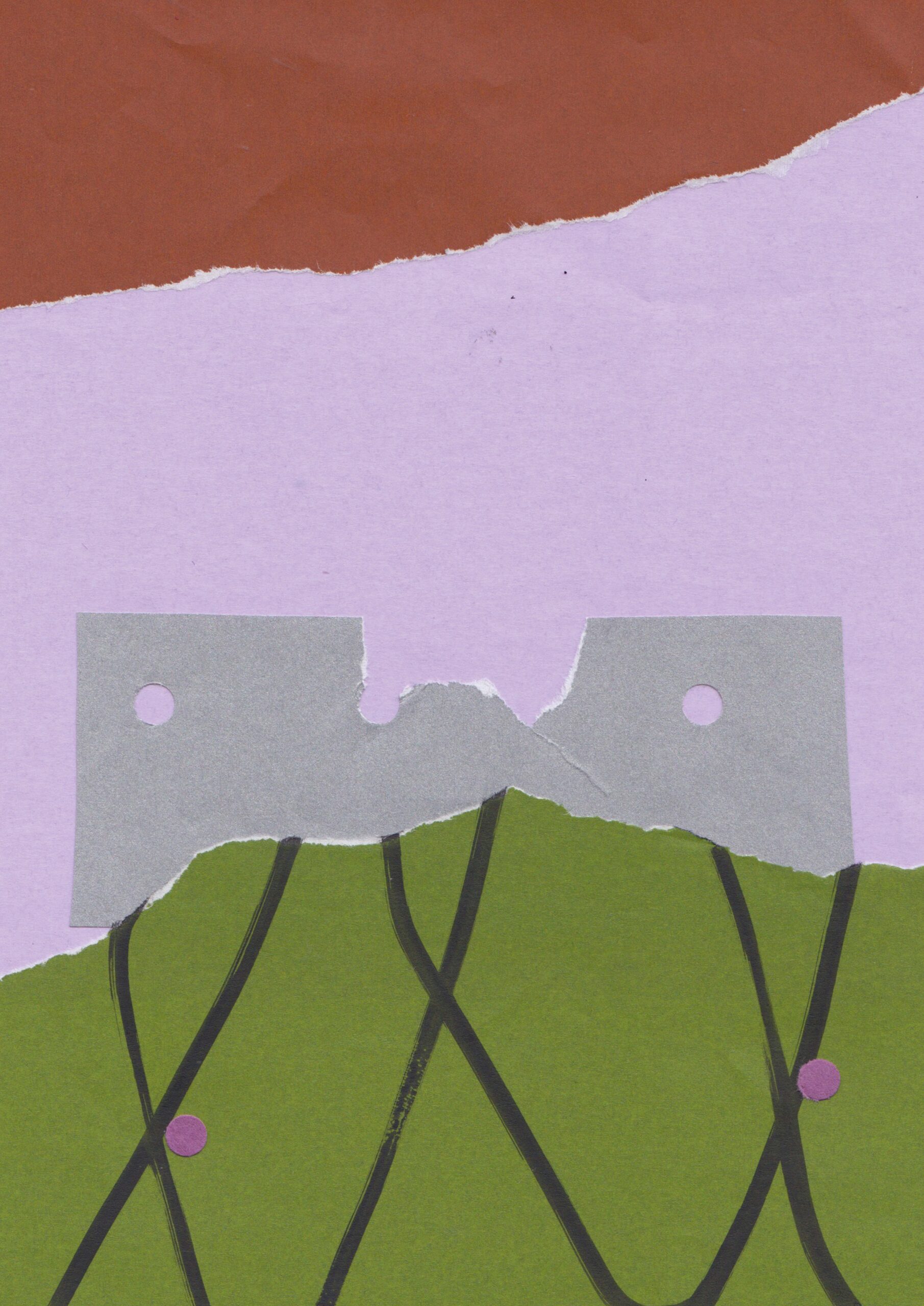


About
Julia Bonetto is a sociologist, screenwriter, film director and producer born in Córdoba, Argentina, based in Buenos Aires. Her work explores women’s experiences, identities and transformations through a sensitive and intimate cinematic language.
She holds a BA in Sociology from the University of Buenos Aires and an MFA in Documentary Film from Universidad del Cine (FUC). She has written and directed the short films El cajón de los espejos (2017), La niebla (2018) and Los días después (2021), which premiered at national and international festivals. Her latest short film, Bravo, Blanca, is currently in post-production.
She has participated in film residencies and development labs in Argentina, Mexico and Spain.
Alongside her film work, she has collaborated on short and feature-length projects, published the novel Los campos sembrados brillan cuando está nublado (2019) and Irreverentes. Mujeres que hicieron historia en el cine (2025), and co-founded drift, a literary agency representing African authors in Latin America and Spain.
She currently works as a screenwriter and teacher.

Julia Bonetto es socióloga, guionista, directora y productora audiovisual. Nació en Córdoba, Argentina, y vive en Buenos Aires. Su trabajo explora las experiencias, identidades y transformaciones de las mujeres a través de un lenguaje cinematográfico sensible e íntimo.
Es licenciada en Sociología por la Universidad de Buenos Aires y tiene una Maestría en Cine Documental por la Universidad del Cine (FUC). Escribió y dirigió los cortometrajes El cajón de los espejos (2017), La niebla (2018) y Los días después (2021), estrenados en festivales nacionales e internacionales. Su último cortometraje, Bravo, Blanca, se encuentra actualmente en etapa de postproducción.
Participó en residencias cinematográficas y laboratorios de desarrollo en Argentina, México y España.
Además de su trabajo en cine, colaboró en proyectos de largometraje, publicó los libros Los campos sembrados brillan cuando está nublado (2019) e Irreverentes. Mujeres que hicieron historia en el cine (2025), y cofundó drift, una agencia literaria que representa autores africanos en América Latina y España.
Actualmente trabaja como guionista y docente.
Films

Bravo, Blanca
Bravo, Blanca
Est. 15 min. Fiction. Argentina. In post-production.
Based on the short story ¡Bravo, Blanca! by Inés Bortagaray.
During the final of the fencing tournament, Blanca, an 11-year-old girl, suffers a double loss: that of the competition and that of her childhood.
Durante el combate final del torneo de esgrima, Blanca, una niña de 11 años, sufre una doble pérdida: la de la competencia y la de su infancia.
Los días después
The Days After
14 min. Fiction. Argentina. 2021.
Estreno en/Premiered at MAFICI (Argentina) & ISFVF (China).
After a blind date goes awry, Marta faces a decision she must make alone.
Tras una cita a ciegas que no sale como esperaba, Marta se enfrenta a una decisión que solo puede tomar en soledad.


La niebla
The Fog
10 min. Docu-Fiction. Argentina. 2018.
Estreno en/Premiered at Cortocircuito (NYC), Entrevues (France), among others.
In New York’s winter, a woman steals images from the city and keeps them in her filmed diary.
En el invierno neoyorquino, una mujer le roba imágenes a la ciudad y las guarda en su cámara y en su diario.
El cajón de los espejos
The Mirrors Drawer
11 min. Documentary. Argentina. 2017.
Estreno en/Premiered at FIDBA (Argentina), Five Continents (Venezuela), among others.
Each night, Nelly waits in her building’s hall, watching who comes and goes, without revealing who she is waiting for.
Cada noche, Nelly espera en el hall de su edificio, observando a quienes entran y salen, sin revelar a quién espera.

Labs &
Residencies
2025
- Programa de Cine @ Universidad Torcuato Di Tella. Argentina.
2024
- PlataformaLab @ DOCSMX. México.
2023
- Storylines Lab @ Cine Qua Non Lab. México.
2022
- Atelier de Guion @ Berlinale Talents Buenos Aires. Argentina.
- Writing Program @ CanSerrat Art Residency. Spain.
Other
Projects
En su primera novela, Julia Bonetto expande un guion cinematográfico que inscribe los vestigios de una infancia en el mundo perfecto de un pueblo de la provincia de Córdoba. Aquel proyecto fílmico derivó en este libro donde la letra, las cartas y las fotos son parte de una cartografía que la protagonista rememora en dos noches en ómnibus. Los campos sembrados brillan cuando está nublado es la visión de un entorno familiar cuya trama elude la anécdota aunque se filtran las omisiones de un aparente tiempo idílico que, por cierto, no volverá. Una forma de ensayo sobre las maneras de narrar que van del cine al libro para un relato en que la letra es imagen y figura, literario o cinematográfica. Bonetto revela un oficio de narrar, neto y elocuente, que seguramente tendrá sus continuaciones entre el cine y la literatura.
Jorge La Ferla
____
In her first novel, Julia Bonetto expands a film script that inscribes the vestiges of a childhood in the perfect world of a village in the province of Córdoba. That film project resulted in this book where the handwriting, letters and photos are part of a cartography that the protagonist recalls in two nights on a bus. Los campos sembrados brillan cuando está nublado is the vision of a familiar environment whose plot eludes the anecdote, although the omissions of an apparent idyllic time that, by the way, will not return. A form of essay on the ways of narrating that go from the cinema to the book for a story in which the letter is image and figure, literary or cinematographic. Bonetto reveals a clear and eloquent craft of narration, which will surely have its continuations in cinema and literature.
Jorge La Ferla
En el marco del Programa de Apoyo a la Investigación y a la Realización y Creación Audiovisuales de la Universidad del Cine, desde 2021, el equipo de investigación dirigido por Julia Bonetto e integrado por Julia Kratje, Verónica Balduzzi, Lucila Rivas, Florencia Romano y Marcela Visconti trabaja y analiza un recorte de películas de mujeres documentalistas teniendo en cuenta, desde una perspectiva histórica y genealógica, la teoría fílmica feminista y sus aportes a los estudios sobre cine deteniéndose, sobre todo, en las formas discursivas, la puesta en escena de los cuerpos, las figuraciones, subjetividades y narrativas de estas mujeres en la historia del cine documental.
En 2025, el equipo publicó Irreverentes. Mujeres que hicieron historia en el cine, un libro de ensayos sobre los films analizados siendo la primera publicación en español sobre las obras de Esfir Shub, Maya Deren, Bárbara Hammer, Cecilia Mangini, Vera Chytilová, Helke Misselwitz, Helena Solberg, Ana Poliak y Yulene Olaizola.
____
In the framework of the Programme of Support for Research and Audiovisual Production and Creation of the Universidad del Cine, since 2021, the research team directed by Julia Bonetto and integrated by Julia Kratje, Verónica Balduzzi, Lucila Rivas, Florencia Romano and Marcela Visconti works and analyzes a selection of documentary films made by taking into account, from a historical and genealogical perspective, feminist film theory and its contributions to film studies, focusing, above all, on the discursive forms, the staging of bodies, figurations, subjectivities and narratives of these women in the history of documentary film.
In 2025, the team published Irreverentes. Mujeres que hicieron historia en el cine, a book of essays on the films analysed, the first publication in Spanish on the work of Esfir Shub, Maya Deren, Bárbara Hammer, Cecilia Mangini, Vera Chytilová, Helke Misselwitz, Helena Solberg, Ana Poliak and Yulene Olaizola.
Drift is a literary agency that offers representation and translation services to African writers. Based in Johannesburg and Buenos Aires, we work with a network of Latin American and Spanish publishers to bring African authors closer to Spanish-speaking readers. The agency currently represents author Gabeba Baderoon.
Con base en Johannesburgo y Buenos Aires, drift es una agencia literaria que ofrece servicios de representación y traducción del inglés al español a escritores africanos. Trabajamos con una red de editoriales latinoamericanas y españolas para establecer lazos entre autores del continente africano y lectores hispanoparlantes. Actualmente, la agencia representa a la autora Gabeba Baderoon.

